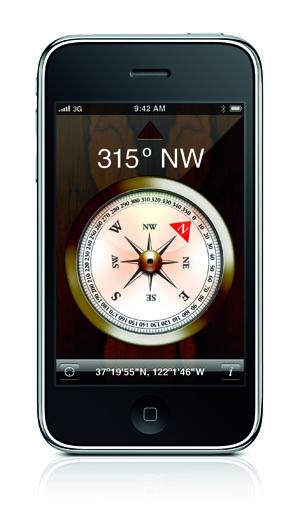Unenthusiastic reception meets the iPhone during its first official weekend in China
The iPhone officially launched in China late Friday, and was met with to unusually small buzz and excitement. Authorized stores selling the smart phone, including the Apple store in Beijing, its only location in China, sold few devices over the weekend.
For those of us in North America, the reception seems at odds with our experience of an iPhone launch. This seems especially so for such a tech-loving country, whose mobile market measures in at 710-million subscribers—the largest of any country.
But the iPhone is facing challenges yet unseen in other markets. First, as seen with the mediocre success of the likes of Google, China is an extremely nationalistic market. Chinese consumers tend to prefer Chinese products to others.
As well, China has unofficially had the iPhone well before the official launch. Between gray market resellers, unauthorized carriers who sell devices brought in from Hong Kong and other countries, and individuals who bring the iPhone back from other countries themselves, it is estimated that there are already two-million devices already in use.
China Unicom Ltd., the state-owned carrier authorized to sell the iPhone, has set prices high. With a price tag of $730-$1,020, the official iPhone is significantly more expensive than the gray market or any other market in the world—almost twice as much in some cases.
And, as though these weren’t enough hurdles for Apple to overcome, in order to comply with Chinese government regulations, Wi-Fi capabilities, which allow users to surf the web and download emails free from any hotspot, were disabled. A key feature, and selling point, many Chinese consumers are disappointed.
Gray market resellers, whose iPhones have all capabilities, are expecting to profit from all of the iPhones perceived shortcomings.



